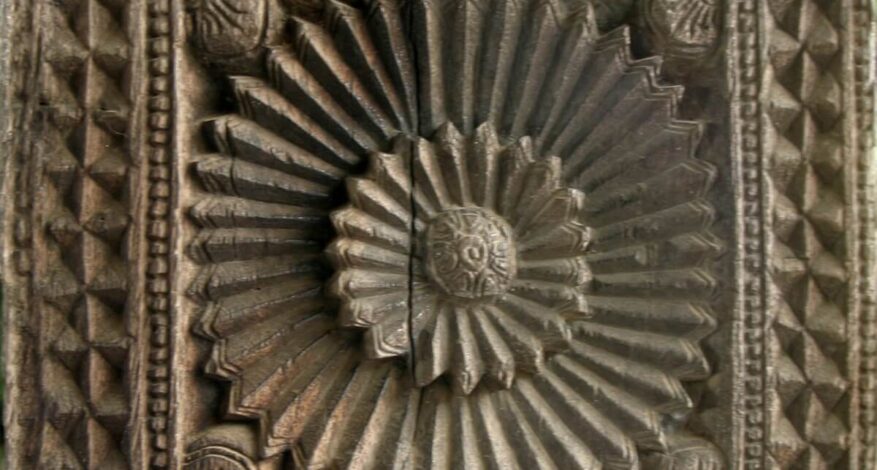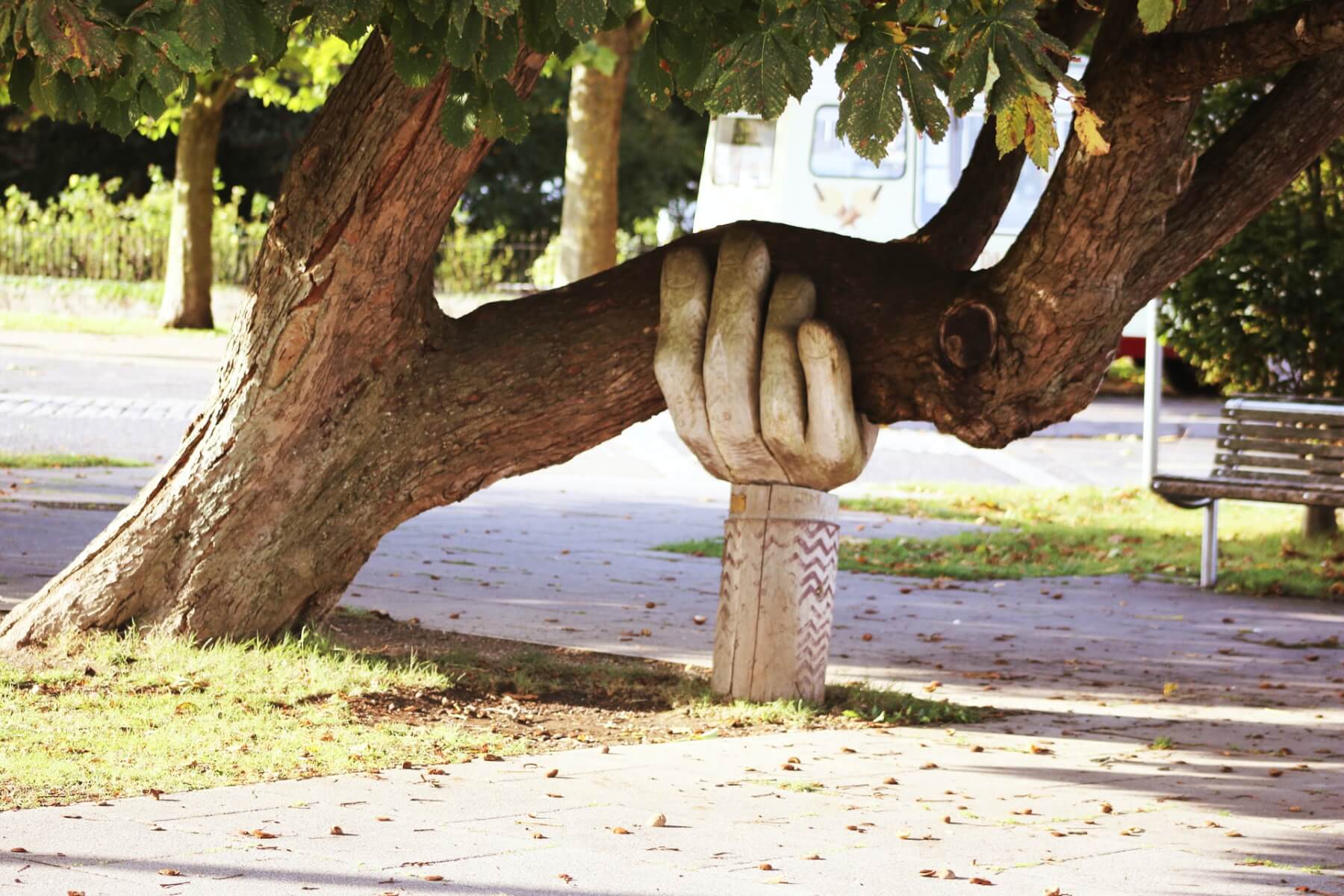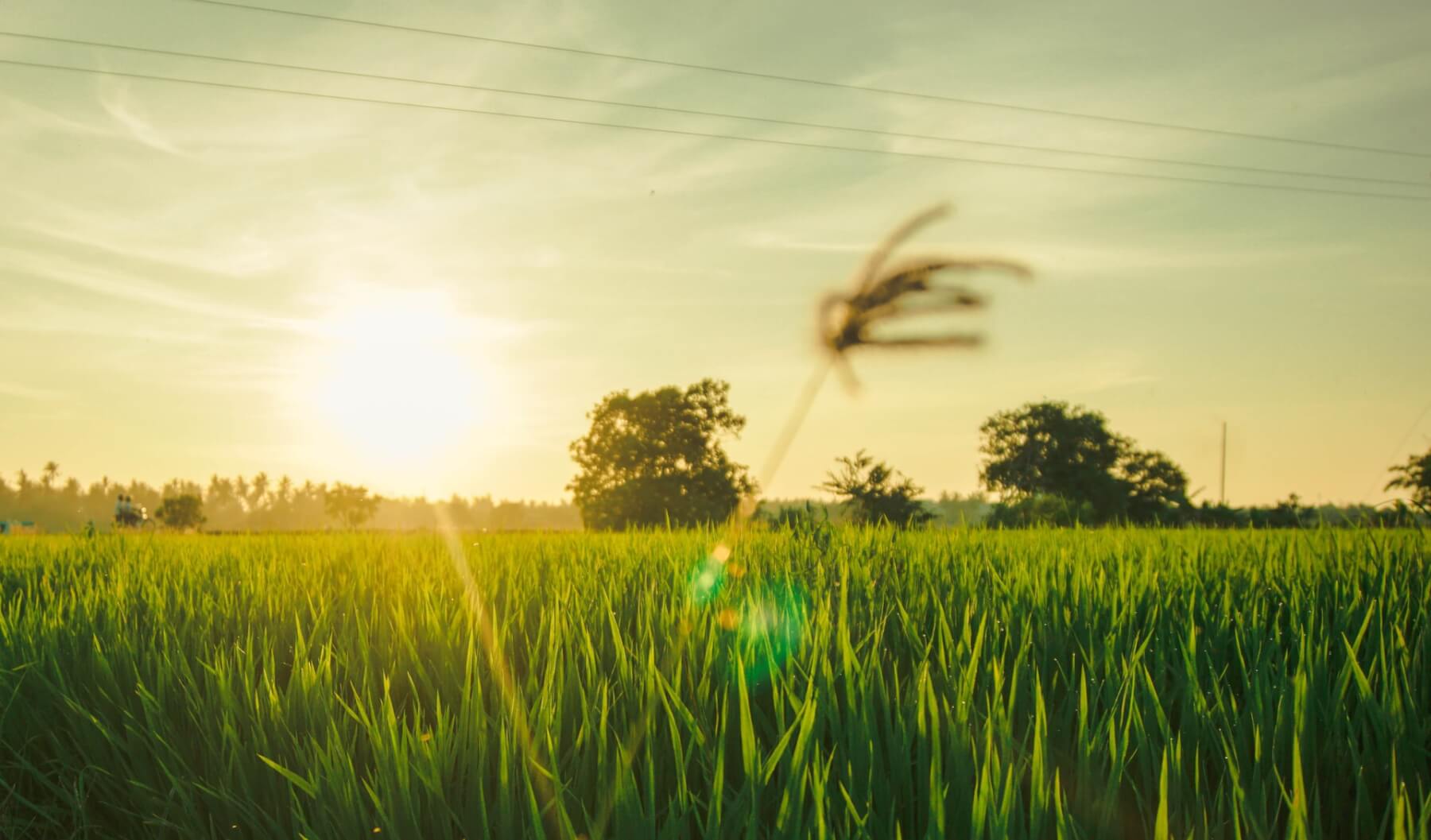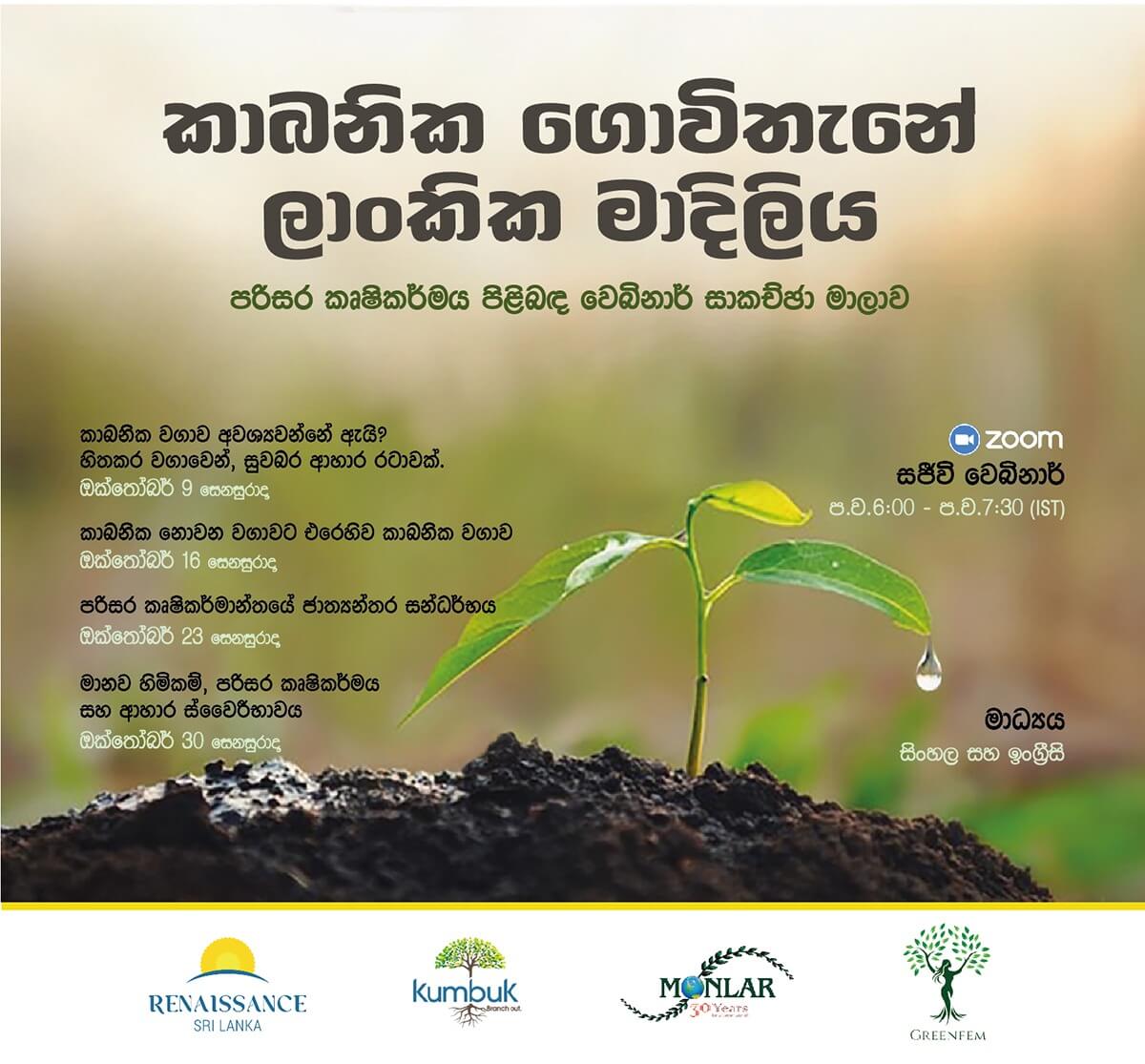How a 600 year old Lotus Flower inspired the Renaissance Sri Lanka Logo
The inspiration for our logo lies in the lotus flower carved on a pillar of the Embekka Devalaya (Temple of Embekka) that was built by a Sri Lankan King, Vikramabahu III. The Sri Lankan lotus is synonymous with purity and hope across all communities of Sri Lanka. To emphasize the idea of rebirth, we represented a sunrise.
Author: Ashinsa Bopearachchi Cavalié
Among the various symbols that evoke the renaissance in Sri Lankan culture (the butterfly, the sun, the flower…), we have chosen the Sri Lankan lotus flower with forty petals that marries the shape of the sun.
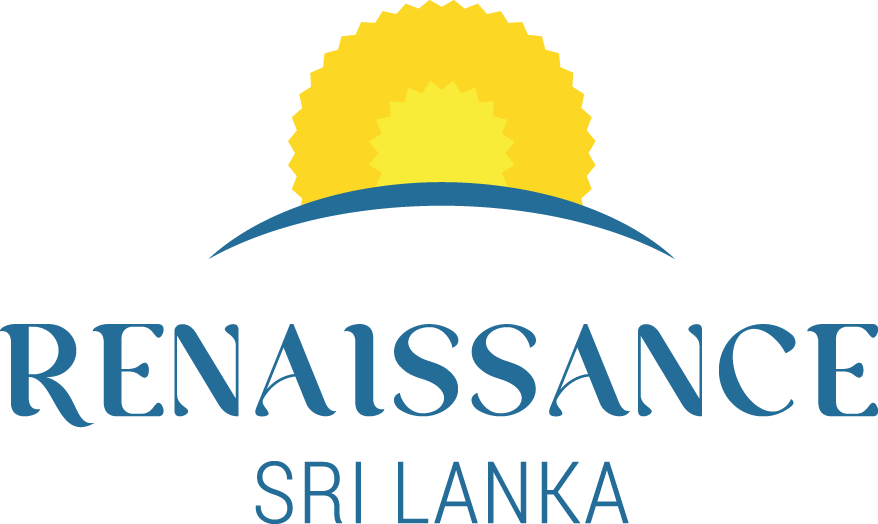
The Sri Lankan lotus, a symbol of purity and hope across all communities of Sri Lanka
The inspiration for our logo lies in the lotus flower carved on a pillar of the Embekka Devalaya (Temple of Embekka) that was built by King Vikramabahu III of the Gampola Era (1357-1374 AD) in Sri Lanka.
To emphasize the idea of rebirth, we represented a sunrise. The sun is not cut at its half but below, so it gives more hope with the sun being higher in the sky.
The many sun rays represent diversity.
The pyramid shape of the logo gives the idea of elevation and rising, which goes well with the concept of a Renaissance.
The colors were chosen carefully: a warm color for the lotus and a cold color by contrast for the horizon and the name of the organization.
The blue evokes both professionalism and innovation which are part the organizations’ core values.
“Renaissance” is written in a feminine font with rounded curves.
“Sri Lanka” is written in a smaller but very clear font so that it can be read easily even if it is smaller.
No Sri Lankan flag colors, nor any community specific color/symbol were taken, in order to give national unity.
Logo Designer: Cyril Cavalié
If you want to learn more about our humanitarian missions, see here what we did to help families hit by the economic crisis that followed the covid-10 pandemic.
If you want to know more about Kumbuk, our networking tool for our donors, read here.
If you wish to know how we build ecosystems in Sri Lanka with our numerous partners, read here.



